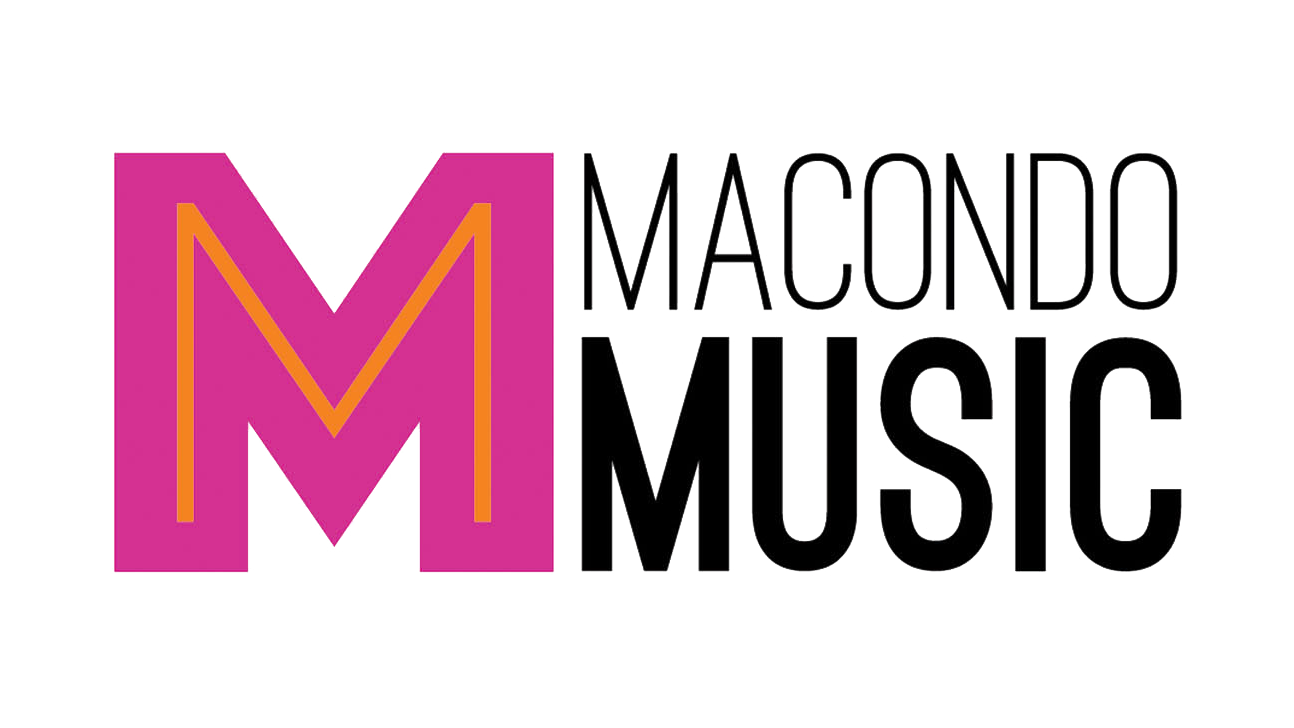If you are a singer at some point you’ll be working with a pianist and if you’re lucky you’ll be working with a really skilled pianist like today’s interviewee Heather Waid. Heather has a double Masters Degree in Collaborative piano and Vocal Performance and is phenomenally skilled as an accompanist. She has played for thousands of singers from Sacramento to San Jose and today we’re lucky enough to get to pick her brain on all the things she wishes all singers knew about working with a pianist.
Here are 5 things your accompanist wants you to know:
“You are in charge of the ship.” The accompanist is there to support you and they will follow you if you go faster or slower, you decide when to start the song, how long to hold notes etc. The pianist will follow you, that is what they train to do so if you want to sing faster or slower just go for it, they will be right there with you.
Keep it clean. Provide clean copies of your music. Says Heather “I’m working really hard to support you, do not make my job harder by giving me music with blurry or cut off notes so that I have to guess what the music says!”. Not sure what a clean copy is? You are in luck because Heather shared a download that she wrote with all her guidelines. Sign up for our e-mail list at the bottom of the page and you’ll receive a copy!
NO SNAPPING EVER Snapping at your accompanist to show tempo is extremely rude and also a mistake that singers constantly make. The best way to show your accompanist how fast you want to do the song is to sing the first line or two at the tempo you’d like to go. If you want extra credit with your accompanist you can sing the tempo while conducting which is helpful if the rhythm is tricky. Only attempt this if you know how to conduct.
Eyes forward! Be a pro and don’t look at your accompanist to communicate when you want to start your song or if you mess up. Good accompanists are totally focused on singers and even if they are looking at the music (which is what they should be doing!) they consistently have their peripheral eyes on you. So when you change your posture and open your mouth to sing they will be there at the ready. Likewise if you make a mistake do not glance over at the accompanist to check if they are still with you. No matter your intent if you glance at your accompanist while singing it always gives the impression that you are blaming them for your mistakes. Even if you drop a whole measure your accompanist will find you seamlessly, they don’t need eye contact.
Manners go a long way! After you are done singing make sure to acknowledge your accompanist. After you take your bow don’t wander offstage without also taking the time to acknowledge your accompanist. They just worked really hard to make you look good, make sure you say thank you publicly!
Thanks for sharing your wisdom Heather! To learn more about Heather you can check out her weekly podcast Music Untapped where she explores the weird, wild world of music with co-host Chris Langton and check out the Empire Pop Choir where she serves as conductor and artistic director.
